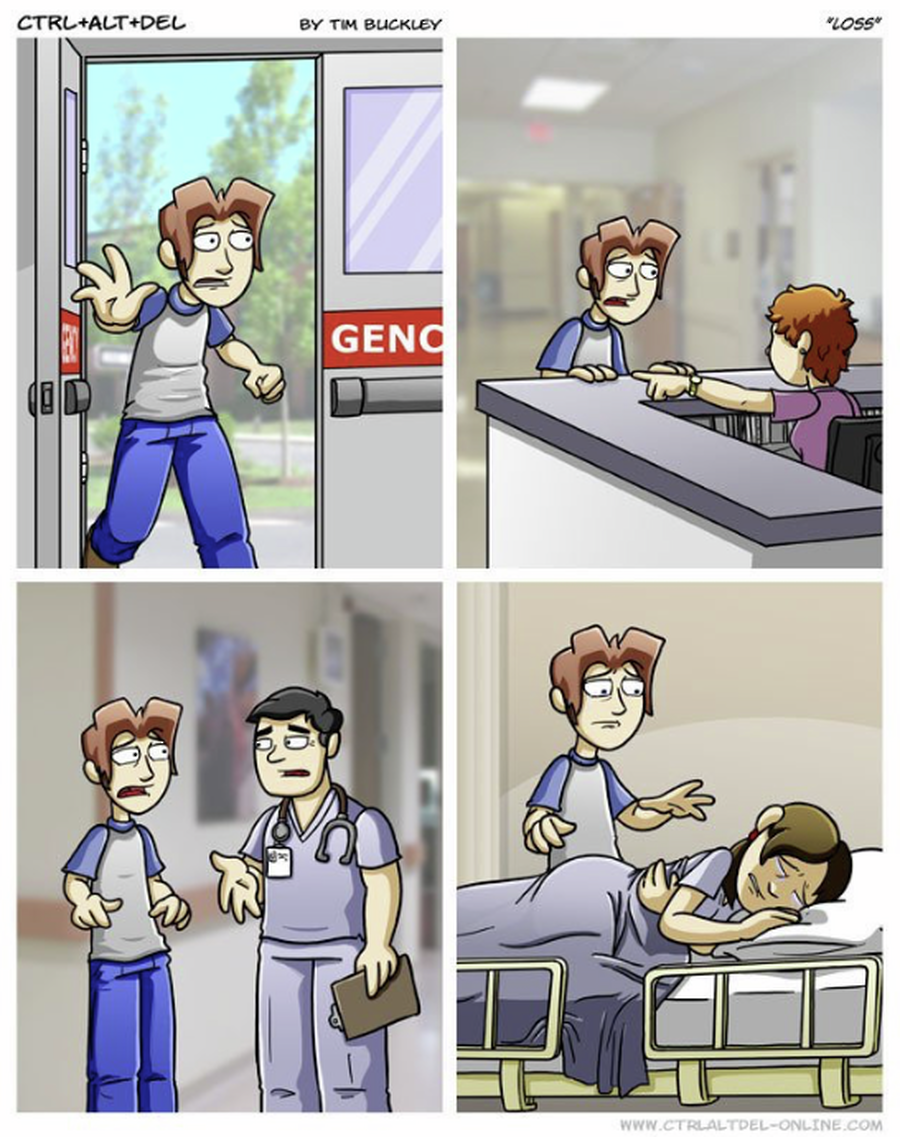
“Bode” and the future of artificial meme creation
This week, Aryehi Bhushan‘s chosen meme of yesteryear is one that hints at the future of meme creation
Ah, bode.
Those who have read my first meme column (a rambling and rather pretentious rumination of the impact of loss.jpg) would probably know by now that I harbour a sentimental fascination with memes that border on the ridiculous. I’d like to think of myself as some kind of nurturing meme mother, showering my thousands of children with an equal amount of love and attention. But I must confess, there’s a special place in my heart reserved for bode, not just in terms of the meme itself, but also in terms of the wider implications it holds for the meme community.
Bode was created in November 2016, after Tumblr user loghains made a post describing how “last night I dreamt that there was like a new meme/slang and it was like ‘bode’ as in like bodacious so like ppl would zoom in on pics of rlly fat cats and it would just say ‘BODE’”. And like God speaking light into existence, the meme took over Tumblr and then Twitter, with hundreds of other users pitching in with their contributions of boded cats. Unlike loss.jpg, bode didn’t achieve immortal status and soon faded into pleasant obscurity, although it does remain the subject of fond text posts and ‘remember when’ discussions.
"The success of bode, no matter how esoteric or short lived, is an immensely promising precedent to an entirely untapped field of artificially created memes"
The appeal of bode isn’t hard to grasp. On the one hand, the concept and ensuing meme work as both a playful homage and subversion of body positivity posts. On the other hand, the idea of a bizarrely surreal and detailed dream sequence has historically gone down pretty well with the internet community (“Violence for violence is the rule of the beasts”, anyone?). But on the other-other hand, and there are indeed three hands in this hypothetical scenario, bode perfectly illustrates one of the most elusive and highly sought after phenomena in the meme community: that of artificial meme creation.
Generally speaking, when considering the inception and proliferation of a meme, it’s fairly easy to identify a sequence of fixed steps. Firstly, out of the endless swirling whirlpool of internet content one piece in particular gains prominence usually either for its relevance or undeniable humour, or sometimes because it is boosted by what middle-aged newspaper columnists writing millennial articles like to call “social influencers”. The important thing to emphasise about this choosing though is that, for the most part, it’s an utterly hit-and-miss process. I doubt that many people wake up each morning thinking “I’m going to make a meme today” (Has some secret, subconscious part of me thought this at some point? I can neither confirm nor deny…) but inevitably, every now and then, a post, picture or conversation crops up that’s just so relatable that its proliferation becomes an undeniable fact. That was the case with loss.jpg, Why You Always Lyin’, Distracted Boyfriend and, most recently, the imagined “first of all conversations”. It was, however, most definitely not the case with bode.
In order to understand exactly how unorthodox bode really is, let me draw your attention once again to its inception point of loghain’s post. Upon closer inspection, the phrasing of the post is unconventional to the point of being remarkable: instead of ambiguously beating around the bush with phrases like “wouldn’t it be cool if there was a new meme” or “I thought of this kind of funny idea for a meme”, loghains confidently asserts that this meme was a well-established reality in their dream, thus paving the way for its ultimate spread into the real world. Some may call this kind of assertiveness arrogance, but the ridiculous and strangely specific nature of the meme itself (the exact slang of ‘bode’, for example, as well as the distinction of the meme only using really fat cats) elevates the entire post from the nebulously realistic to the utterly satiric, thus neutralising any sting that its boldness may carry. With bode, loghains struck the exact balance between silly surrealism and canny firmness needed to pull a meme, fully formed like some perfect pudgy cat sculpture, from the subconscious into the conscious. They became, in other words, the ultimate creator.
If you’ve managed to read up to this point (a miraculous feat within itself given that any half-sane person would take one look in the title and get the hell out of here), you might well be thinking something along the lines of: Oh god. She’s made it worse. I thought the loss.jpg thing was the limit. She’s made it even more unnecessary, not to mention completely uncalled for. If this is indeed what you’re thinking, then never fear. It’s exactly what passed through my mind as I blearily typed out the conclusion to this article at 2 o’clock in the morning. But, my concluding statement is this: the success of bode, no matter how esoteric or short lived, is an immensely promising precedent to an entirely untapped field of artificially created memes, generated by a rising class of young and ambitious meme entrepreneurs (entmemepreneurs? Sorry, I’ll stop). All in all, the whole thing really bodes well for the future. (Get it? Because it’s bode—ok, now I’ll really stop)


